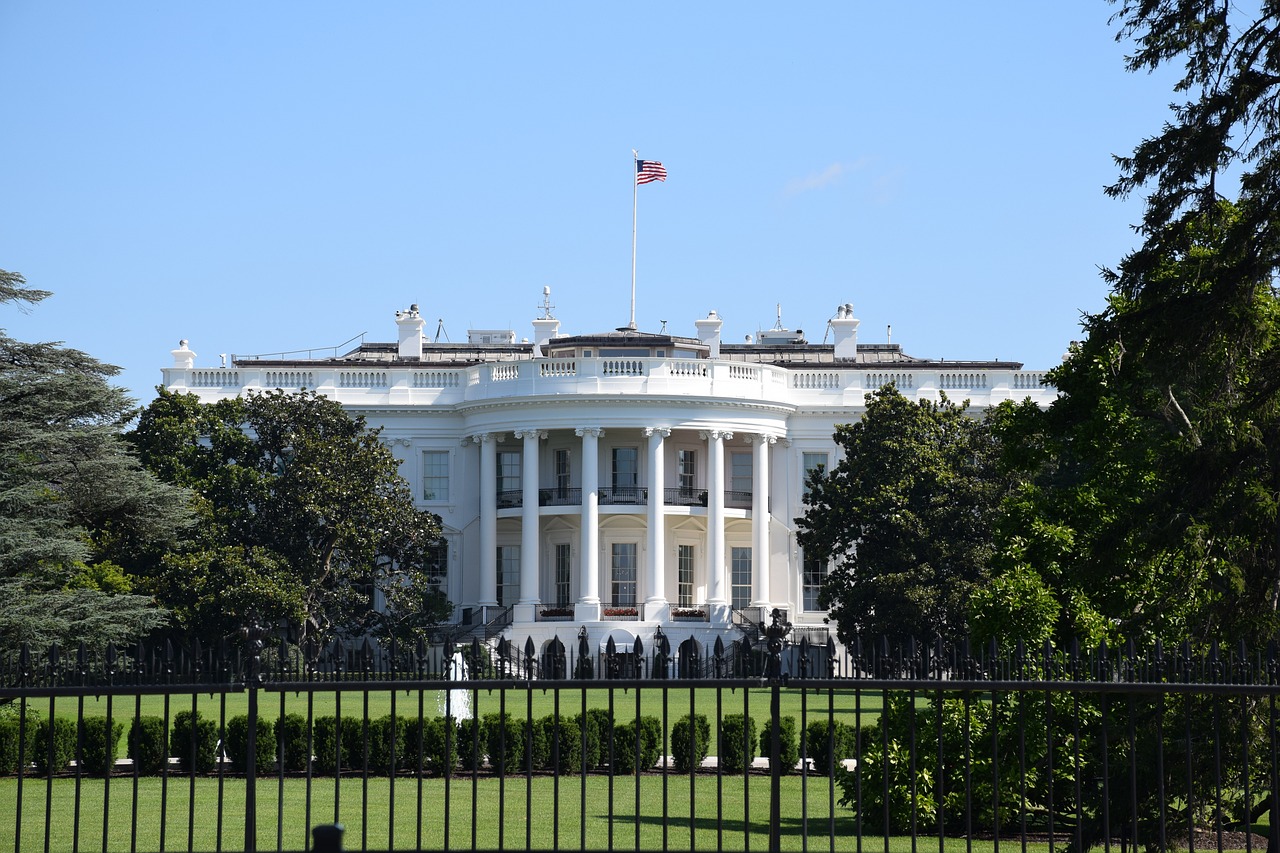The White House is finalizing a formal request to rescind $9.3 billion in previously approved federal spending, targeting funding for public broadcasting, foreign aid, and various diplomatic initiatives. The request, expected to be sent to Congress later this month after its spring recess, aligns with mounting pressure from congressional Republicans seeking broader spending cuts.
According to a White House official speaking anonymously to USA TODAY, the rescission package would revoke funds already allocated to the State Department, U.S. Agency for International Development (USAID), and the U.S. Institute of Peace. It would also slash funding for the Corporation for Public Broadcasting, which supports PBS and NPR—institutions that have recently drawn criticism from conservatives over alleged political bias.
The proposed cuts are part of a broader initiative being shaped under the administration’s Department of Government Efficiency, a policy group with ties to conservative billionaire Elon Musk. The department has been working with House Republicans on proposals to streamline government operations and reduce spending, particularly in areas they argue are ideologically misaligned or inefficient.
The CEOs of PBS and NPR, during testimony before the House Oversight Subcommittee on Government Efficiency in March, defended their networks’ editorial independence and emphasized the value of public media in underserved communities. The hearing came amid increased GOP scrutiny and calls to defund these outlets.
In addition to this rescission request, a separate White House budget document reviewed by USA TODAY shows the administration is also considering a larger budgetary reduction—nearly halving funding for the State Department and USAID in the next fiscal year.
The formal rescission request, if submitted, would give Congress 45 days to approve or reject the proposed clawbacks via simple-majority votes in both the House and Senate. If Congress takes no action, the law mandates that the funding be restored to the respective agencies.
Historically, such requests face significant hurdles. A similar attempt by the Trump administration in 2018 to rescind $15 billion in unused funds was rejected by the Senate. This time, the political outlook remains mixed: while many Republicans back the cuts, some—including senators from agricultural states—have voiced concerns about reducing USAID programs that purchase U.S. crops for international food aid.
The initiative reflects a broader shift toward fiscally conservative policymaking and serves as a litmus test for congressional willingness to support deeper reductions in international and public service spending under Trump’s second-term agenda.
Sources:
- USA TODAY reporting by Zachary Schermele (2024)
- U.S. Government Accountability Office (gao.gov)
- Congressional Research Service – Rescission Process (crsreports.congress.gov)
- House Oversight Subcommittee on Government Efficiency – March 2024 Hearings



